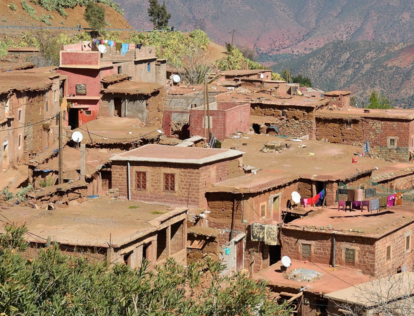Validate Your Plans
Nigeria and Kenya both use the word “validate” to check in with stakeholders and seeing if a program or message will work. It is incorporated into programs and projects and is an inexpensive way to test messages, strategies, and activities to get input and see if they will have the desired impact at the local level.
Citizen input or stakeholder criticism creates better outcomes.
Usually, validation happens at a large meeting or series of discussions, and it involves outlining the issue, strategy, or message to determine if it will work or needs adjustments. Local partners and stakeholders provide their views, and designated note-takers capture their input and identify where there is consensus for any changes.
This works in places where people are not afraid to speak up, push back and challenge assumptions. It is easier than focus groups, individual interviews and works best where there is mass mobilization around an issue. In Nigeria, the capitol staff in Abuja validated what would work for increased enrollment in schools in the country’s northern provinces to ensure that the campaign reflected local culture and ways to get work done there. In Kenya, validation was used by the peace community to see if the system of early warning and intervention would work in local hot spots.
Validation, or a system of presentation with discussion, is not particularly helpful if presenting a new concept or tool that participants have not seen before. Still, it is good to check if something like mass mobilization or communication will have a desired impact.


